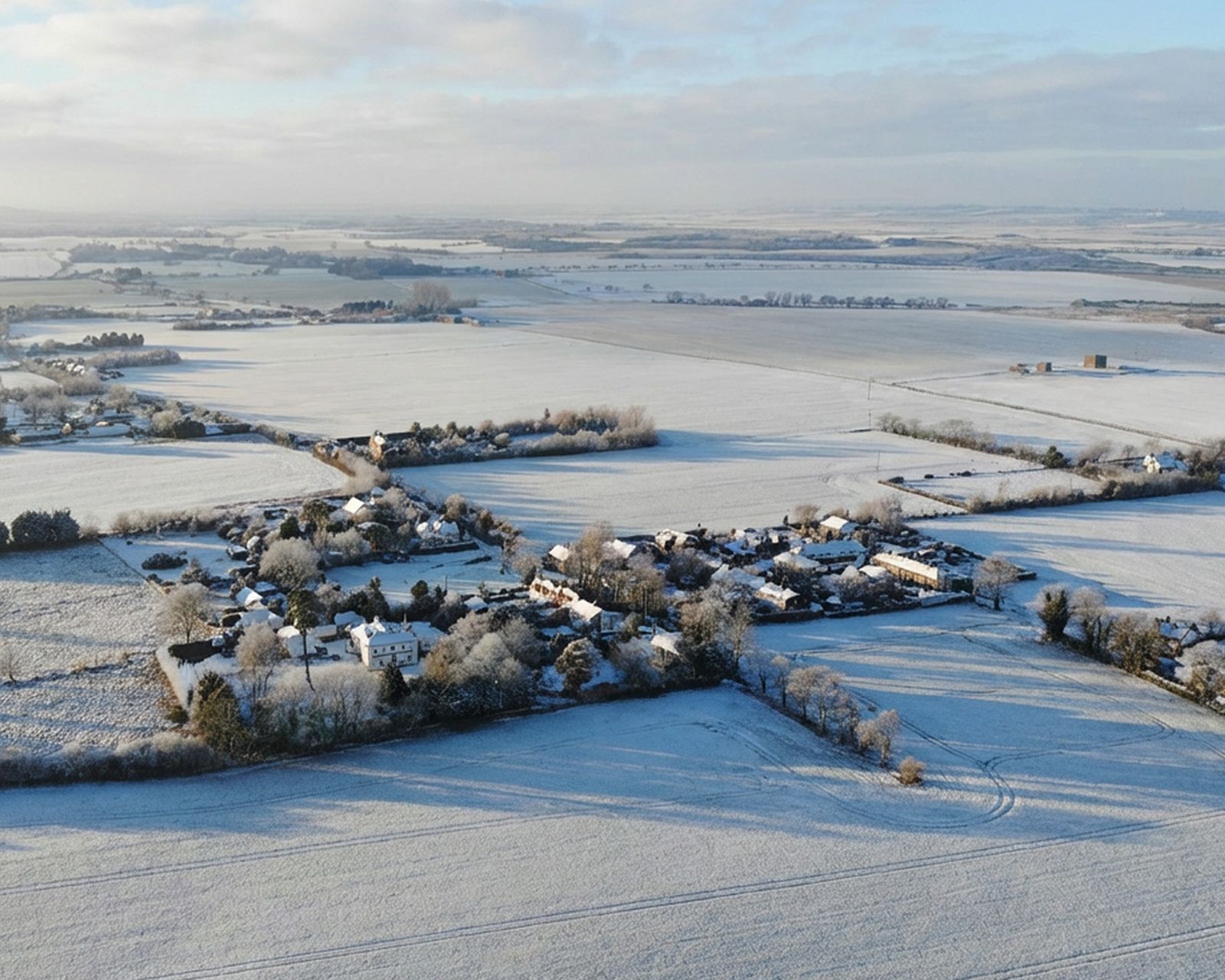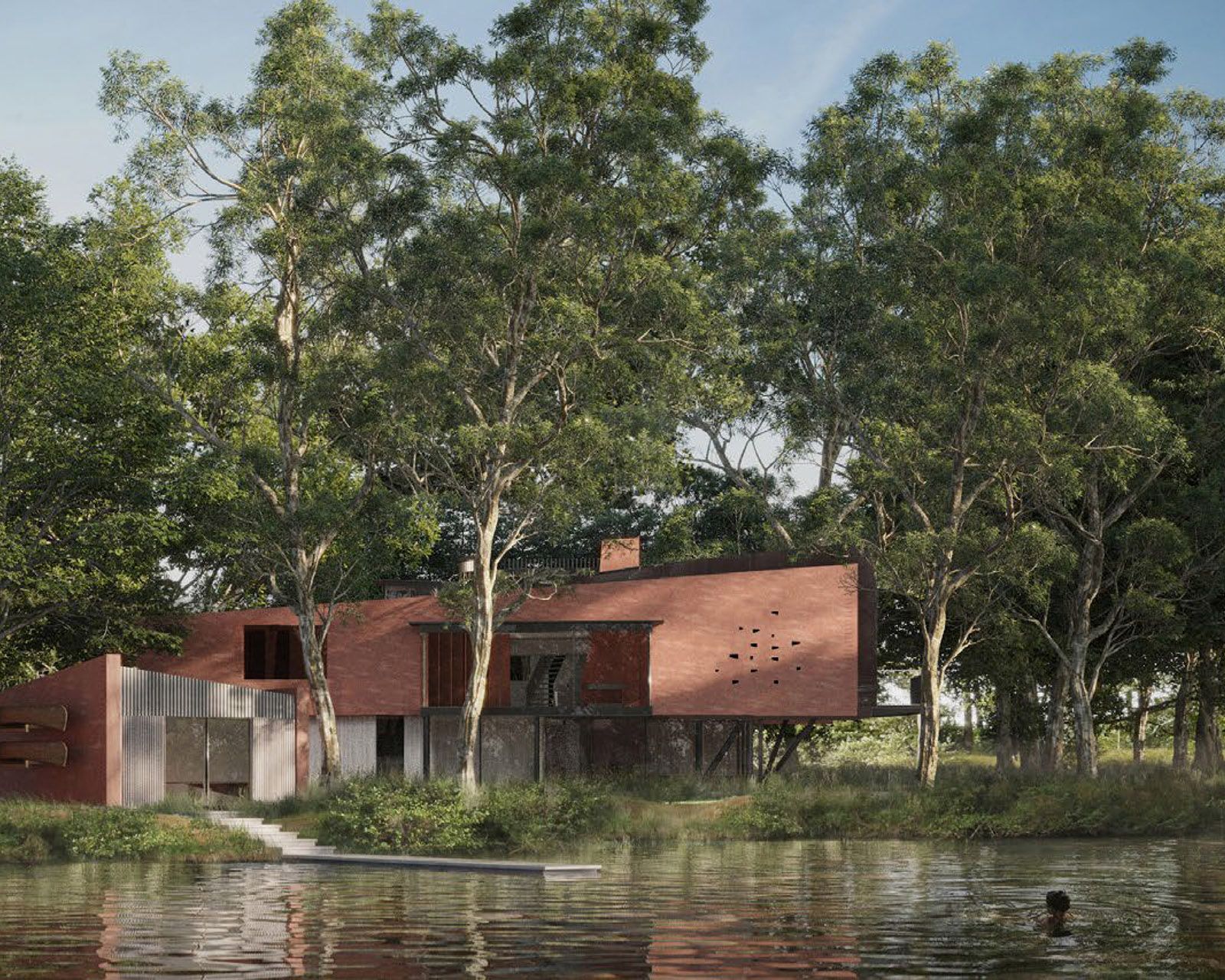Using nature to create new income streams from visitors
By Dawn Mercer | 26.11.24
Landowners are preparing for the final stages of the transition from traditional farm subsidies via the Basic Payment Scheme to the Environmental Land Management schemes (ELMs). As well as adopting more regenerative approaches to managing land, many are looking to improve resilience and diversify their income through establishing or expanding tourism businesses.

Unlocking the potential of nature tourism for rural landowners
Diversification into leisure is a well-trodden path for rural landowners, but a growing number are responding to the opportunity to make a stronger connection between changing approaches to land management and the experience they can offer to visitors.
Public interest and awareness of the role of land, the importance of nature, how we manage our land and the way in which land is used for food production, health and wellbeing, nature, and climate benefits is growing, and so too is the opportunity to enable visitors to engage with nature.
As more people seek these experiences and activities as part of their holidays, short breaks and day trips, ‘nature tourism’ is a phrase being heard more often as operators and new entrants look at ways to capitalise on their land and natural assets to create sustainable tourism ventures that appeal to environmentally conscious travellers.
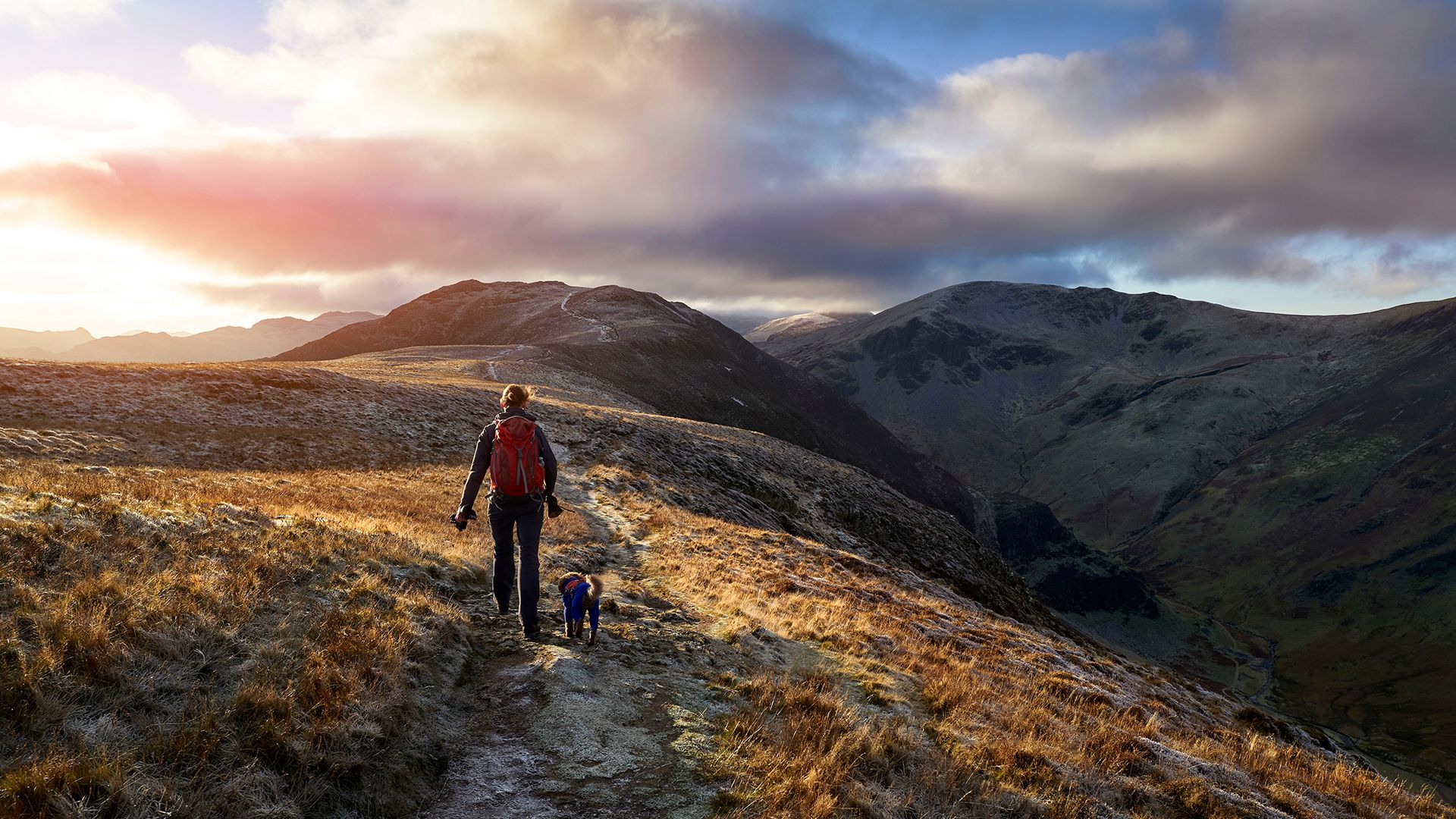
The nature of nature tourism
There is no universal definition of nature tourism, but at Rural Solutions we think of it as travel and leisure time spent actively engaging with the natural world with the intention of benefitting from, contributing to or learning about nature.
It blends traditional rural tourism with consumer interest in experiential tourism, activities, sustainability, wellness and nature providing a range of ways to respond to and create unique experiences.
The difference between this and more traditional rural leisure is that nature tourism is about proactive engagement with, rather than passive enjoyment of the rural – think ‘doing things’ that involve learning about or interacting with nature, not just enjoying the views.
Providing immersive, nature-based experiences to visitors can be an attractive way to extract additional value from natural assets – such as land, forests, rivers, and wildlife – as these experiences can co-exist with, and in fact benefit from the natural environment and changes taking place there.
Where landscape change and recovery of the type encouraged by the new ELMs is underway, say through tree planting, rewetting or rewilding, enhancing and creating habitats, increasing abundance or introducing new species of plant or wildlife – this provides opportunity to inform and engage visitors with what is happening in the landscape, and to create experiences related to that.
By informing and engaging visitors, their experience is enhanced and so too their understanding of the importance of the regenerative practices being adopted by farmers and land managers across the country.
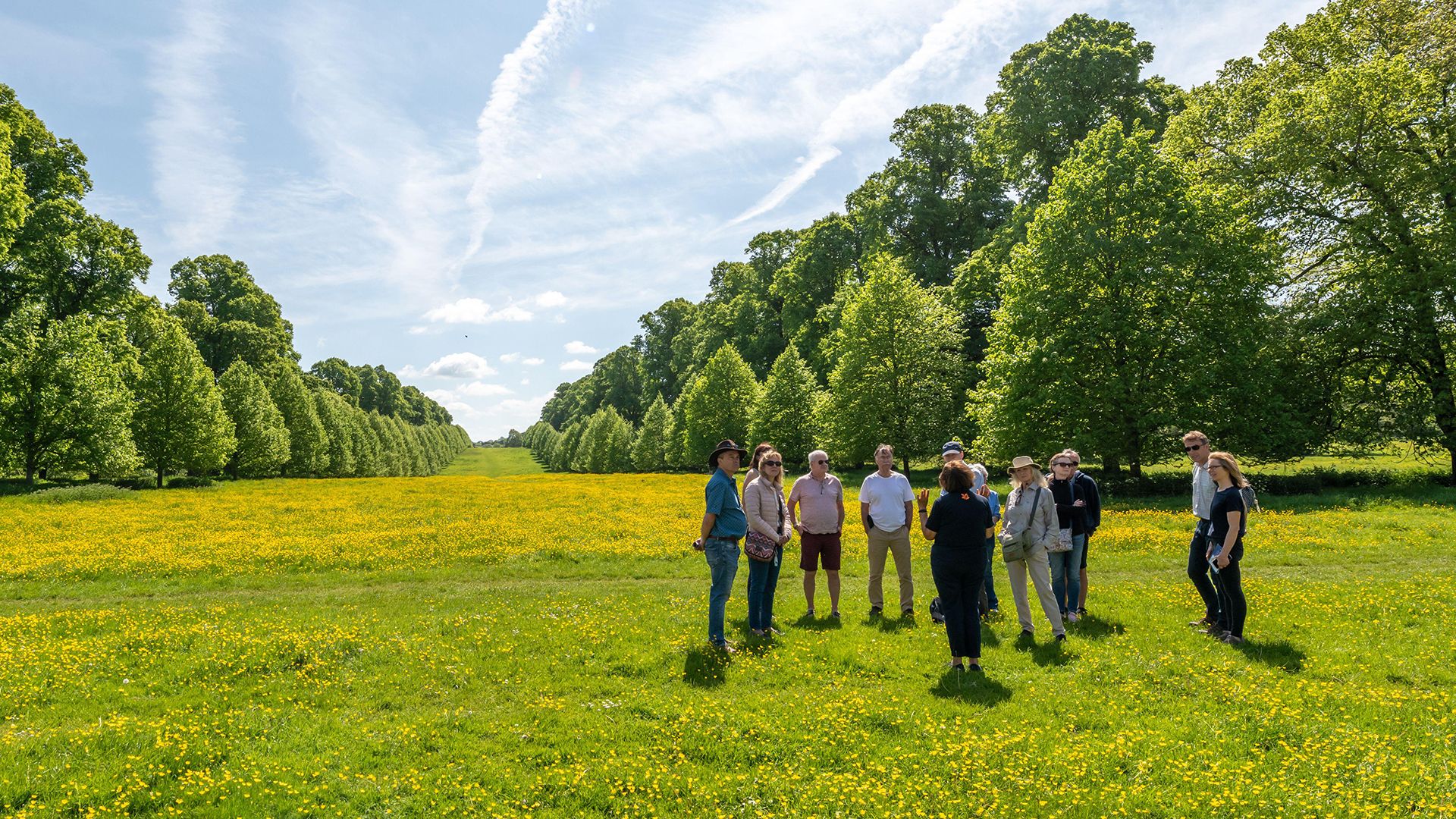
A growing opportunity
In some locations, rural tourism can feel like a crowded market, but there is plenty of market share available for the right product in the right place and creating an experience inherently connected to nature is a great way to create a unique selling point.
Demand is rising and there is potential for further growth. Taking data from the 2021 census, the Office for National Statistics found that in the previous decade, just 8% of all estimated tourism and outdoor leisure spending in Great Britain had been driven primarily by nature, and of that, outdoor-related activities in urban settings accounted for over 60% of all nature-based spending.
The nature tourism market in the UK is expected to grow significantly with the wildlife tourism segment projected to reach approximately £7.56 billion by 2030 (a growth rate of 6.3% from 2024), with the broader sustainable tourism market - which includes nature tourism, anticipated to grow by over 9% in the next 4 years.
With an overall market value estimated at £12 billion, there’s a clear opportunity for rural businesses to take more market share by leveraging the inherent benefits of the natural assets, activities and experiences they can offer.
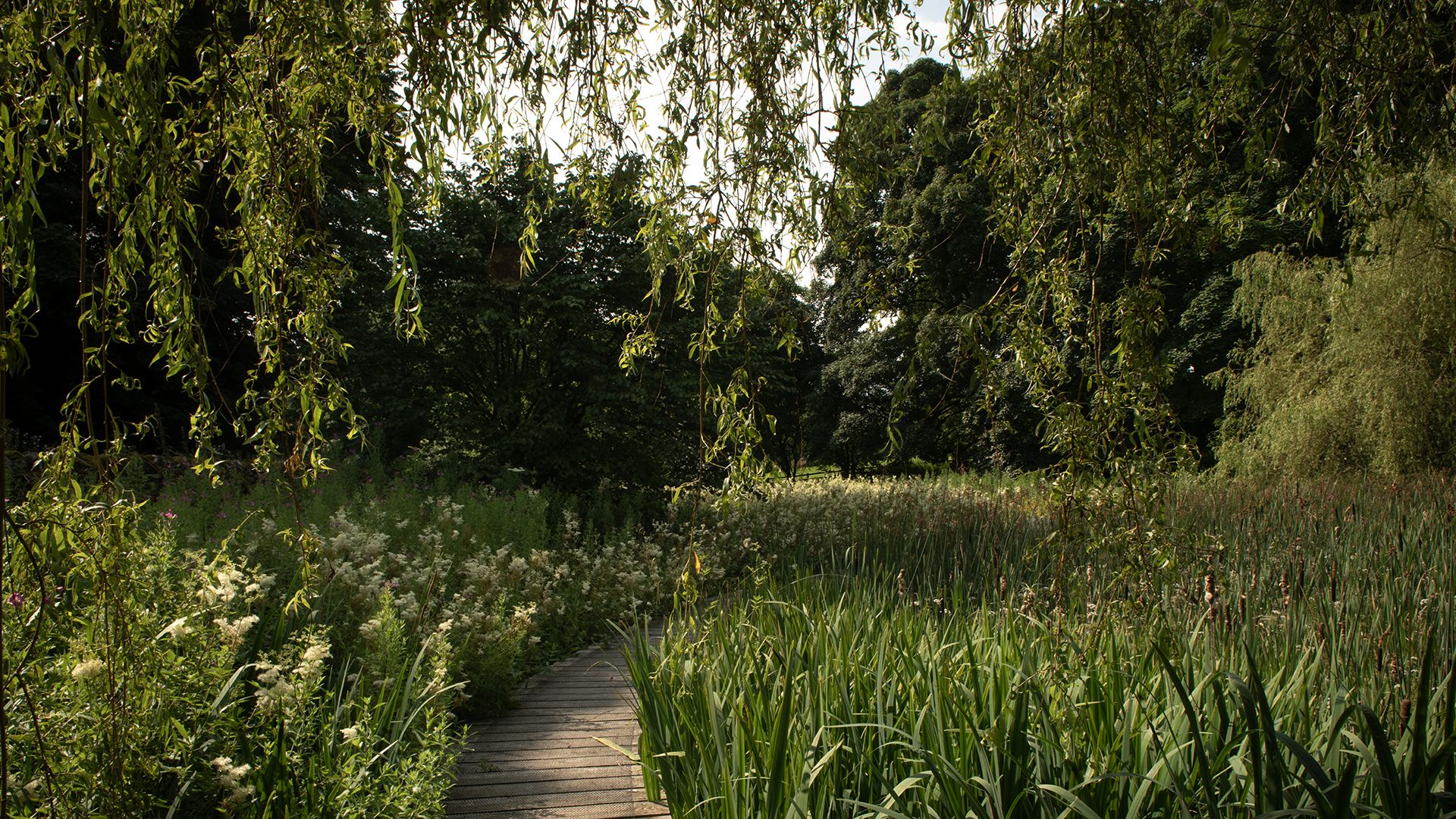
Embarking on a nature tourism venture
These new ventures often require lower capital investment and infrastructure, making them a cost-effective alternative to traditional tourism and leisure offers. Consumers are actively seeking more rustic, off grid experiences that bring them close to nature.
Whilst there are some established and emerging luxury offers – Broughton Sanctuary and Denton Reserve for example, there is a wide range of options when considering the type of experience, price point and audience to target.
Knepp has a well-established visitor offer including camping and Nattergal and Oxygen Conservation are also responding to this opportunity with a range of experiences and accommodation.
At the smaller end of the scale, there is the opportunity to add a nature tourism element to existing offers – perhaps offering interpretation and information for guests about the landscape, habitats and natural processes taking place.
Providing activities connected to the land or controlled access to areas where landscape change is taking place is a starting point. Forest bathing, wild swimming, foraging, star gazing and wildlife watching all fall under the nature tourism banner.
For those looking for more active engagement, guided walks, talks, ‘safaris’, and forest schools offer opportunities to create meaningful connections with visitors, as well as a useful secondary income stream and a differentiator in the marketplace.
Successful nature tourism ventures require careful planning and a strong focus on who your customer will be and how to appeal to them, requiring authenticity, and careful consideration of sustainability credentials of the experience. Balancing social, environmental, and economic factors is crucial for long-term success.
For those ready to explore nature tourism, the rewards can be significant, offering both financial returns and the satisfaction of contributing to the conservation and vibrancy of rural communities.
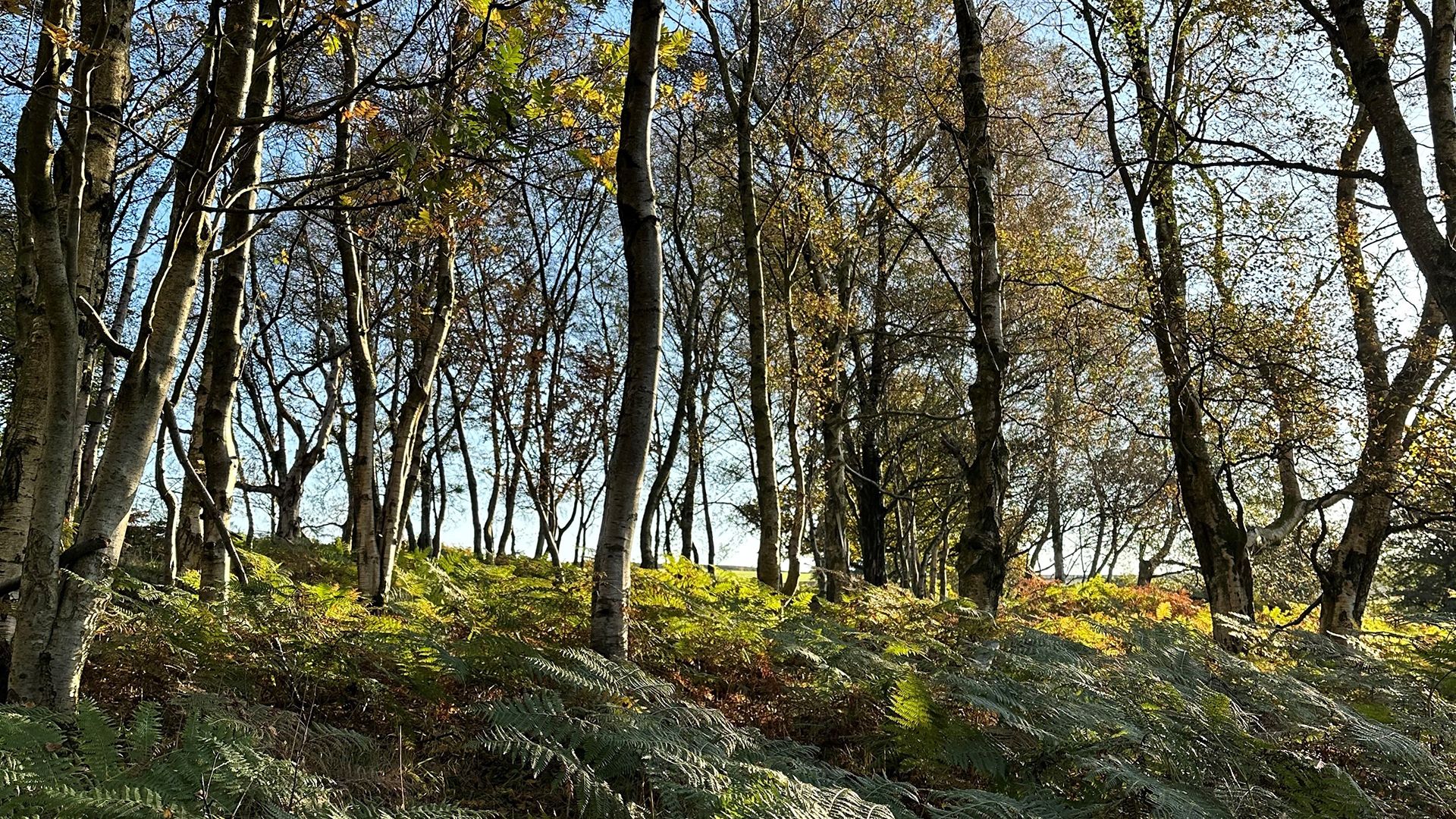
Offering expert advice and services
Rural Solutions are experts in rural tourism development and regenerative land management. We have supported the delivery of several market-leading leisure and tourism projects, which are now operating successfully, and helping to contribute to the local economy, generating revenue for the landowner, and helping to safeguard the natural environment.
We helped the award-winning Watatunga Wildlife Reserve in Norfolk make their vision for a new conservation facility and visitor attraction a reality. We supported the team at Wild Ken Hill, an internationally renowned ecological restoration project in coastal Norfolk to take their vision for regenerative land management to the next level with a new visitor experience.
We work with our clients through the full life cycle of a project – imagining, testing and refining the development, commercial and financial feasibility of new or expanded visitor enterprises; creating compelling and authentic concepts, and supporting through planning, design, construction to opening.
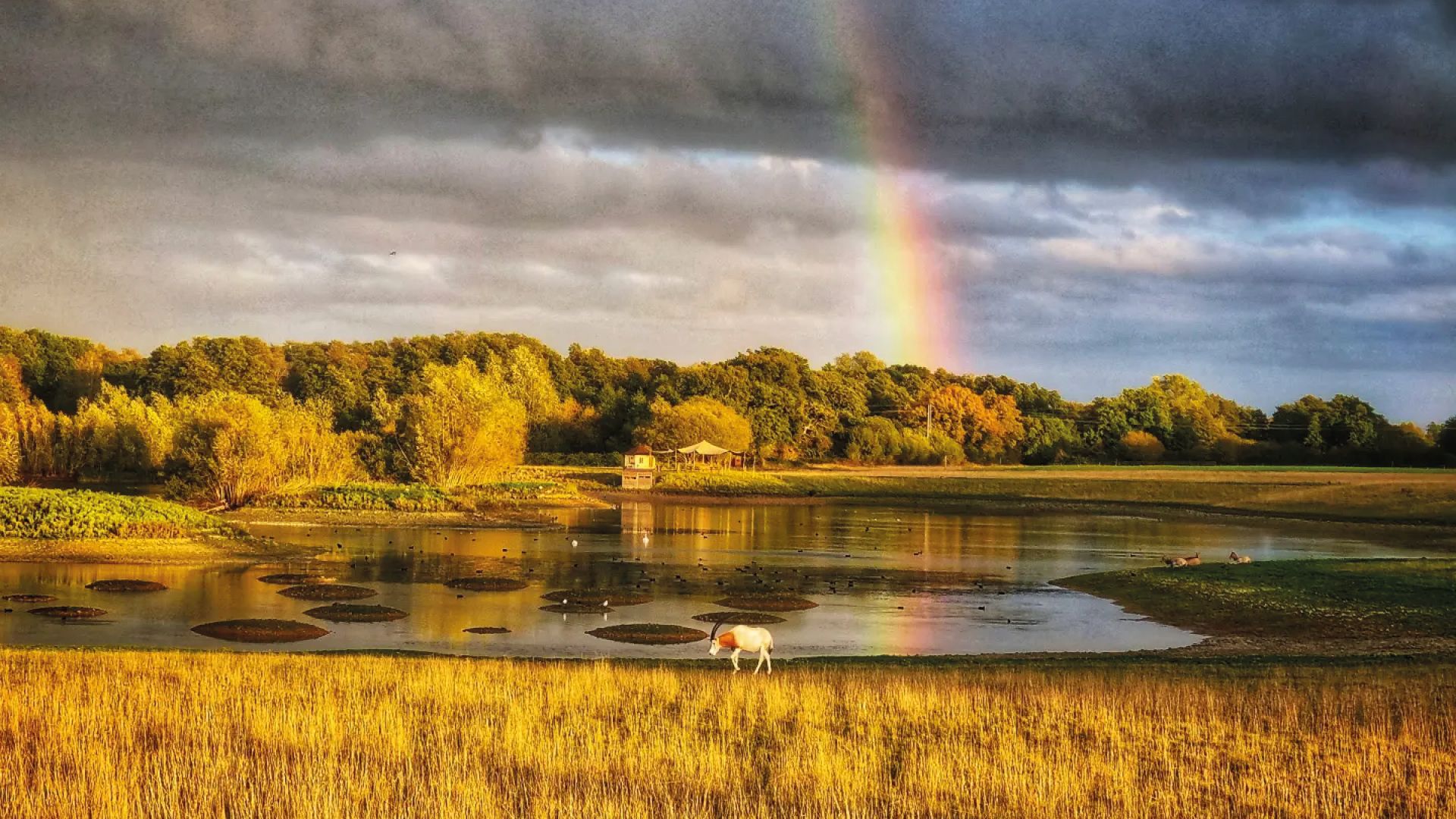
Get in touch
At any stage on your development journey, if you would like to speak to one of our consultants, we’d be happy to hear from you. Please get in touch by email info@ruralsolutions.co.uk or call 01756 797501 for an informal chat.
We are using cookies to give you the best experience on our website. You can find out more about which cookies we are using on our cookie policy.
